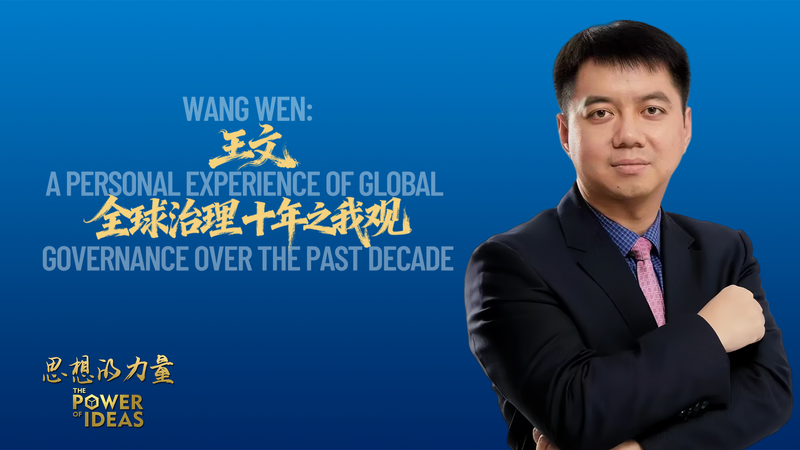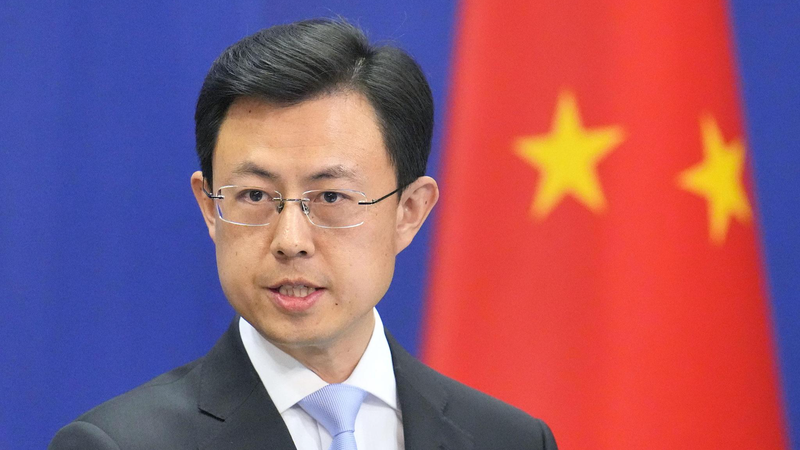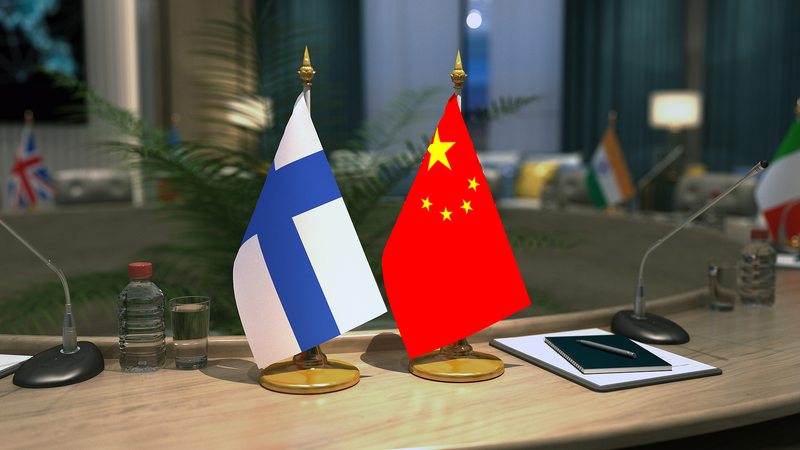🌏 Over the past decade, China has moved from simply attending the global governance table to shaping the rules of the game. In early September, at the SCO summit in Tianjin, China rolled out its Global Governance Initiative – a bold call for a more just and equitable system where emerging voices get a louder mic. But what makes this approach click with countries around the world?
Why the Global Governance Initiative Matters
This isn't just a catchy name. It's about fairness and inclusion. Think of it like updating the group chat on climate, trade, and digital rules so everyone – from Delhi to Jakarta to Nairobi – gets heard. By pushing for equal say, collaborative problem-solving, and transparent decision-making, the initiative aims to:
- Give emerging economies a stronger voice
- Drive joint solutions on climate and health
- Boost digital cooperation and tech sharing
Wang Wen's Decade on the Frontlines
Wang Wen, dean at the Chongyang Institute for Financial Studies at Renmin University of China, has witnessed this shift firsthand. He recalls attending his first SCO policy forum ten years ago when China was more of a listener than a leader. Fast forward to 2023, and he is now part of steering committees discussing trade roadmaps, tech policies, and regional cooperation.
Wang highlights that China's shift is rooted in listening and adapting, noting that close work with partners across SCO, the G20, and other global forums has built trust and co-created solutions that resonate across borders.
Why It Matters for You
For young adults in South and Southeast Asia, this global push opens doors for sustainable startups, digital collaborations, and cross-border projects. Global governance isn't just geopolitics—it's shaping your career paths and everyday life. 🚀
Reference(s):
Wang Wen: A decade of personal experience in global governance
cgtn.com




